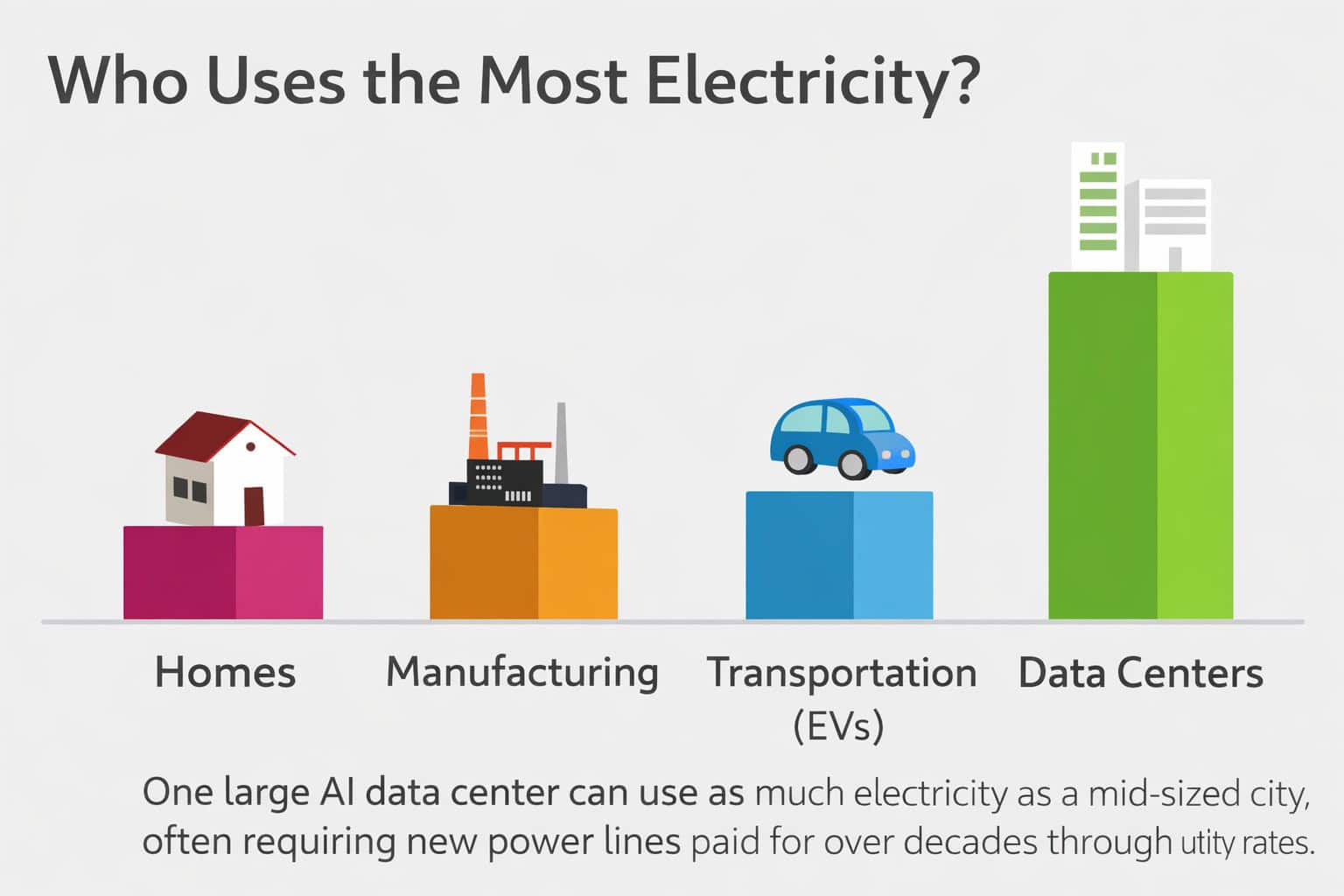DETROIT – The U.S. auto industry has a choice to make: to keep developing new Battery Electric Technology (EVs), or be left behind by the rest of the world and slowly collapse.
In a recent interview with InsideEVs, LG Energy North America President Bob Lee equated this tipping point to the transition from sailing ships to steam powered vessels in the late 1800s.
“The writing is on the wall,” Lee said. “Nobody is investing in better sails.” The message is clear, if you’re not all-in on EVs, you’re toast.”

2024 Chevrolet Equinox EV
Detroit Three Struggling To Compete With Chinese
Over the last two decades the U.S. automotive market has lost its footing as the largest in the world and no longer holds the chips it once did, an issue exacerbated by the current administration’s global trade policy. While the Detroit Three once all-but controlled the export car markets in the global south, these markets are now dominated by Chinese automakers; the formerly prosperous American brands have retreated upmarket, catering nearly exclusively to buyers in North America.
With the government also pressing the rewind button on a plan for clean energy and an electric automobile future, and slowing (though still rising) EV adoption rates, automakers are walking back their previously aggressive electrification plans. Lee agrees, this is a massive mistake and detrimental to the future of the industry.
“If [the U.S. auto industry] decides not to do EVs, if we decide we’re going back to internal combustion, and the rest of the world is moving on to cleaner things, what is the rest of the world going to buy?,” Lee continued. “If we’re not the ones out there investing and building that next technology, then I think the risk is serious.” If we continue to walk down this path, he concludes, “we lose the auto industry.”
Abandoning EVs Would Destroy US Auto Industry
By eliminating a lot of the pro-EV policies enacted by his predecessor Joe Biden, President Trump risks imploding a multi-trillion dollar sector of the U.S. economy.
The impact on Michigan would be devastating since Approximately 1.1 million jobs in Michigan are directly or indirectly tied to the auto industry, representing about 20 percent of the state’s workforce. This includes jobs in manufacturing, dealerships, and related support industries. The automotive and mobility industry contributes $304 billion to Michigan’s economy every year.
The auto industry itself (including vehicle and parts manufacturing) employs a significant portion of this workforce.
The auto industry’s influence extends to numerous related businesses, including suppliers, transportation services, and retail outlets, creating a ripple effect of job creation.
The auto industry is a major contributor to Michigan’s economy, providing billions of dollars in revenue annually.
Trump’s Allegiance To Oil Industry Behind Drive To Dismantle EV Infrastructure
Trump has pushed for an end to all federal EV credits, cut investments in EV charging infrastructure, ordered existing EV infrastructure to be shut down and ripped out, and pushed for less stringent fuel economy regulations. And that’s before we even begin talking about Trump’s signature policy, import tariffs on the country’s most important trade partners, which have already driven significant inflation and pushed the country’s economic position into a tailspin.
These actions have driven rising consumer anxiety, causing many large corporations to pause investments until they can figure out how they’ll be affected. This includes big moves, like General Motors abandoning its stake in a joint battery plant with LG, and other automakers pushing their new plant investment out on longer timelines.
Lee couldn’t be more clear about his position: even a short pause could spell disaster for the U.S. auto industry and, by extension, the U.S. economy. Every minute we spend not investing in the future, the U.S. is losing to innovators and movers in China who are gaining favor with former U.S. trade partners.
Chinese Cars Taking Over Global South
- Global Sales: Chinese brands were responsible for 62 percent of global EV sales in 2024.
- Global Production: China produces 64 percent of the world’s EVs.
- China’s Domestic Market: In 2024, BEVs reached a market share of 27 percent in China.
Statistics show one in three new vehicles purchased is in China.
In Summary, giving up EVs in the US, like Trump wants to do, would devastate the US economy as well and fail to bring more auto production back to the United States.







